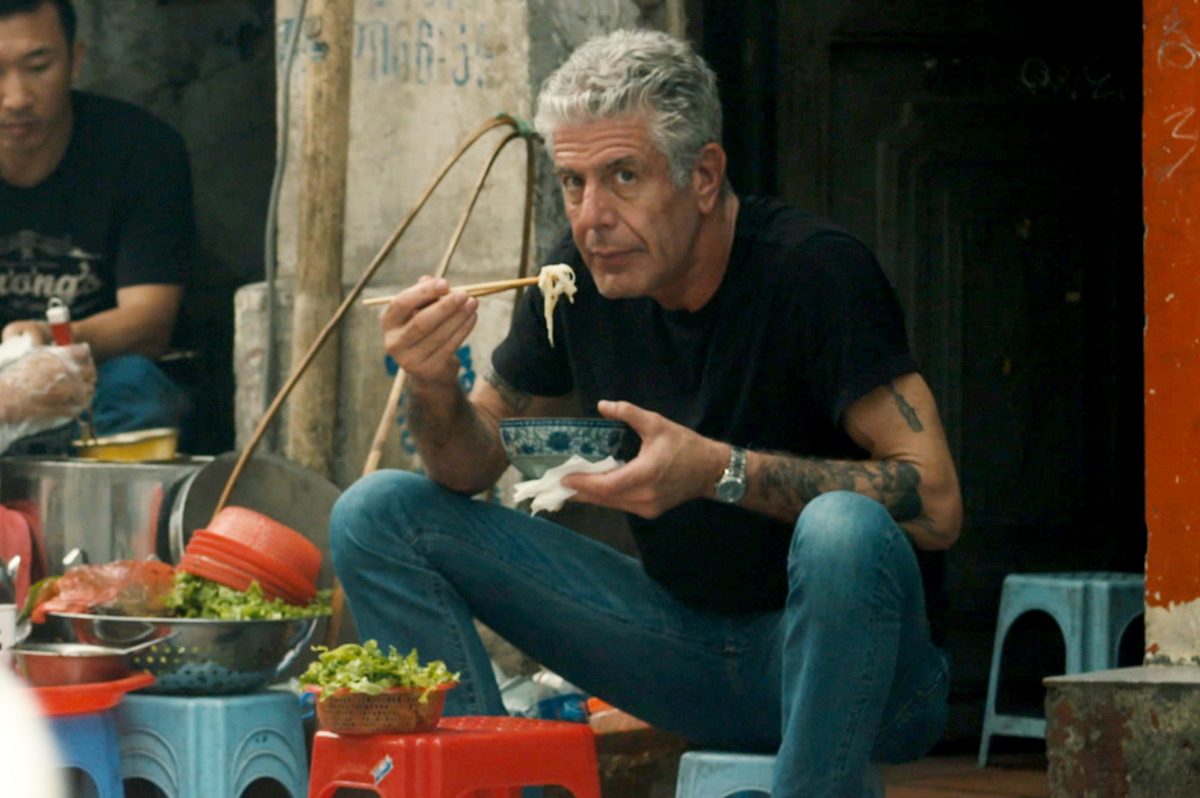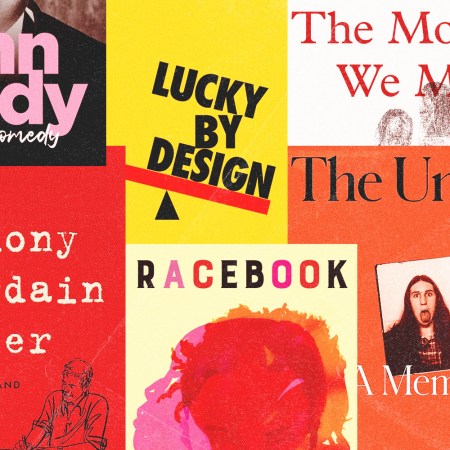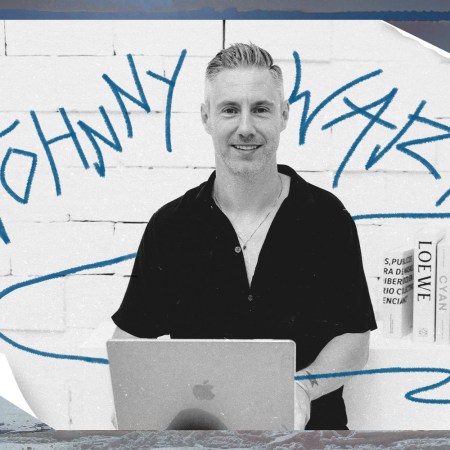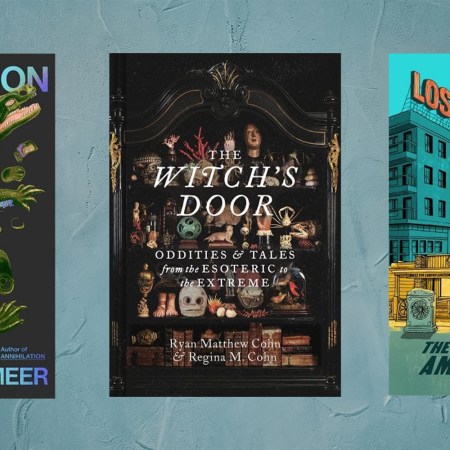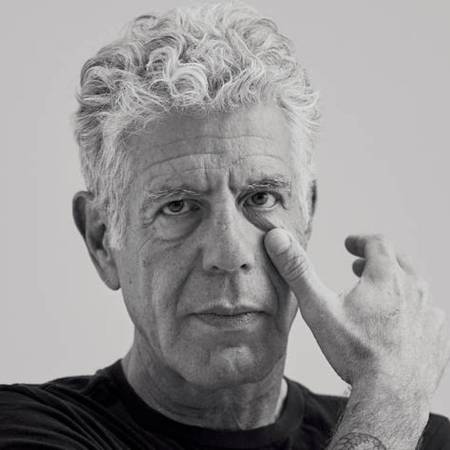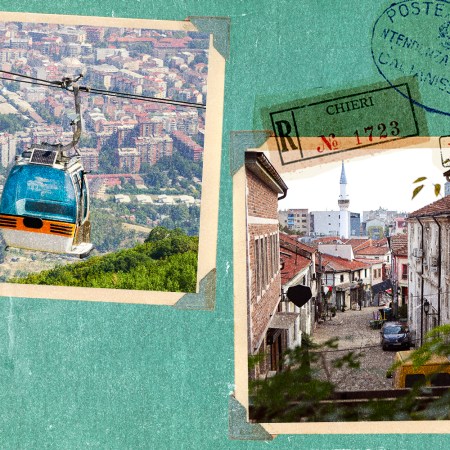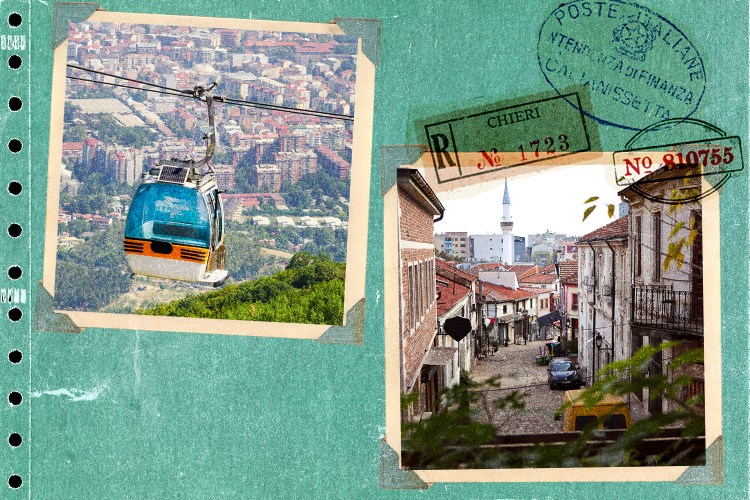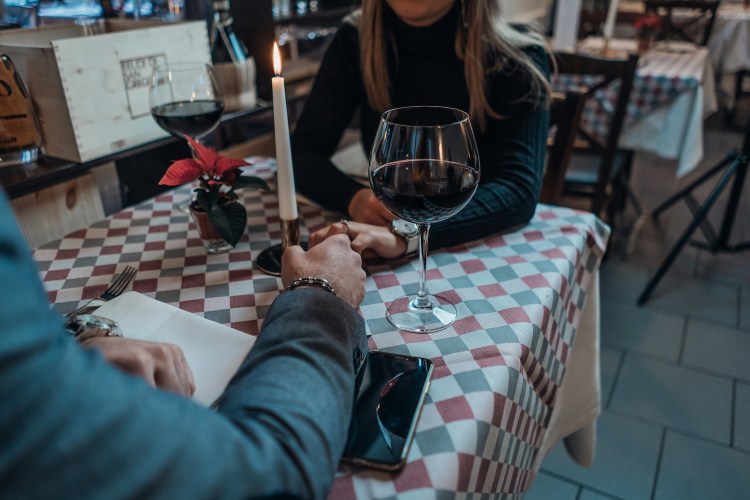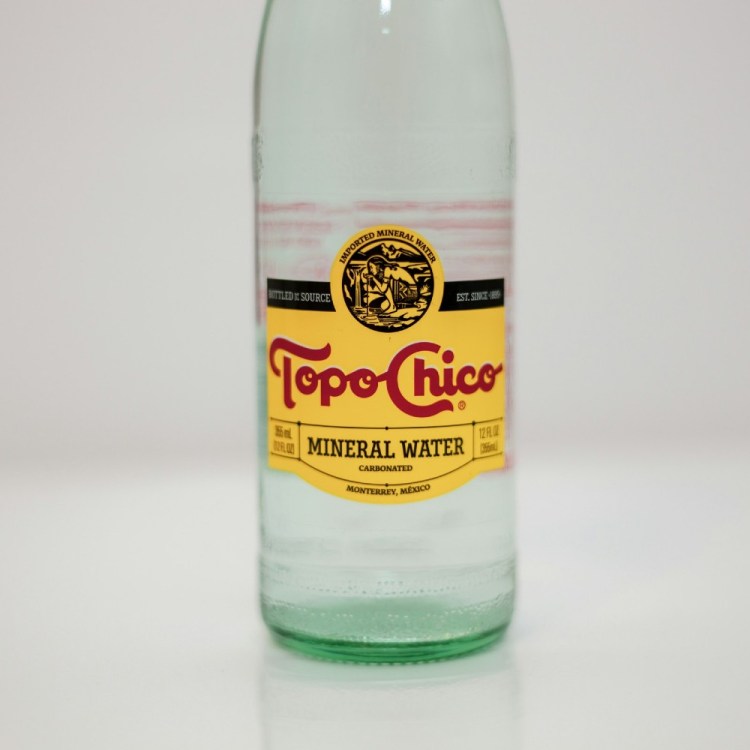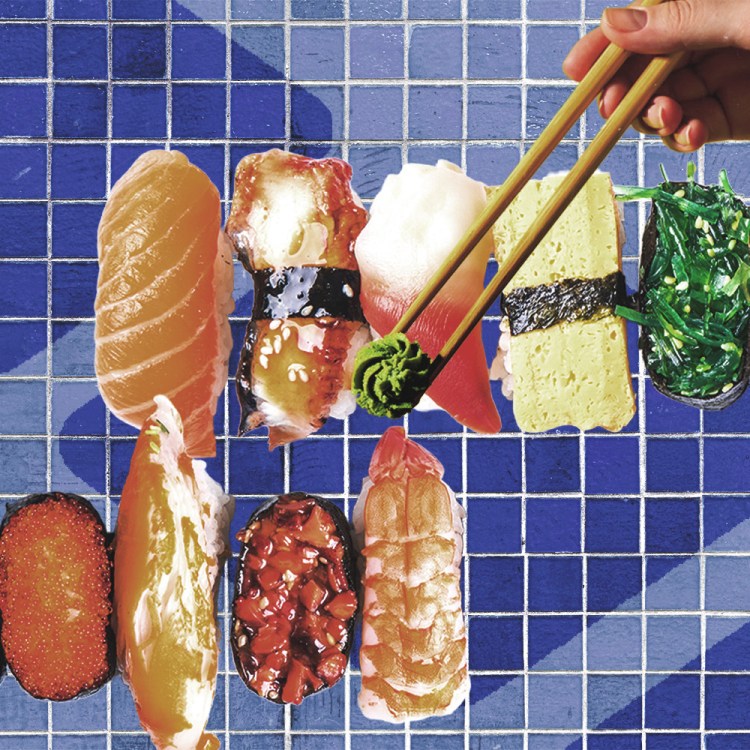In Roadrunner, a new documentary film about Anthony Bourdain, Oscar-winning filmmaker Morgan Neville (20 Feet From Stardom) does not shy away from the reality that, in addition to being a chef, author, television personality, father, brother, husband and friend, Anthony Bourdain was, as of June 8, 2018, also a person who took his own life.
Using voiceovers and previously unseen footage from Parts Unknown, No Reservations and Cook’s Tour coupled with more than 30 interviews with people who were close with Bourdain, including chefs Éric Ripert and David Chang, his wife Ottavia Busia-Bourdain, his brother Chris Bourdain and producers, editors and crew members who worked on his TV shows, Neville details Bourdain’s ascent to stardom, which really began after he published his memoir Kitchen Confidential: Adventures in the Culinary Underbelly in 2007.
“I had this huge question in my mind: How do you reconcile this cool, smart guy with somebody who committed suicide? I think many people have that question mark,” Neville tells InsideHook. “In my mind, I don’t know. I didn’t see that. It made no sense to me. I felt like the documentary was going to help me figure that out and understand what made this guy tick. To understand the unlikely journey of a guy in his 40s who suddenly goes from being a mediocre chef in an okay restaurant to being one of the most famous people on the planet with the ability to travel endlessly.”
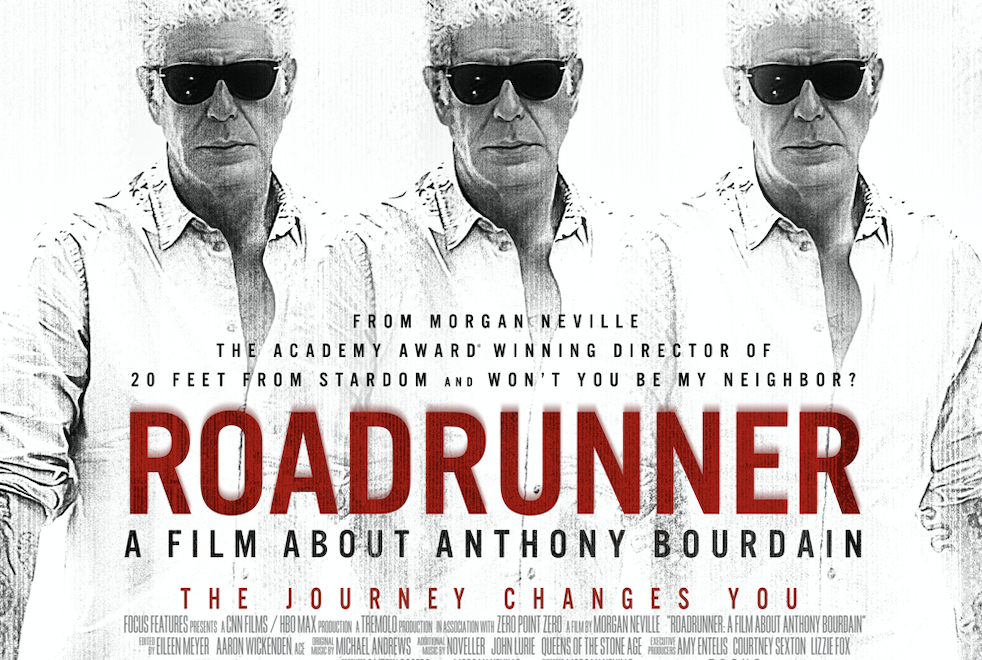
Bourdain, though it may not always have been evident to the public, became somewhat of a prisoner of his own success and the personal relationships he had in his private life, as well as the tireless roadrunner himself, suffered because of it.
“If you’re a damaged person going in, does that fix everything? Of course, the answer’s no,” Neville says. “Tony’s darkness was always there. He wrote about it. He joked about it. It’s part of what, frankly, made him attractive. He was somebody who kind of wore his flaws on the outside. His books, even more than the TV shows, are very unflinchingly self-critical. I think Tony was always really good at criticizing himself. He was an extremely complicated character, too. He was somebody who would show a slightly different version of himself to different people. He could be charming or smart or rude or tough or fatherly or brotherly or friendly, depending on what the situation called for. I think Tony was kind of a shapeshifter in that way.”
Though he never met Bourdain, Neville spent hours upon hours reading his work and virtually traveling the world with the man from the confines of his couch during the pandemic. All that time gave Neville some of the threads that connect the guy we know from Parts Unknown to the one who hanged himself in the bathroom of a French hotel room, but Roadrunner stops its tracks well short of offering a definitive answer as to why Bourdain did what he did in 2018.
“I feel like that would have been a disservice to Tony because Tony is Mr. Gray,” Neville says. “He was the guy who said the root of most of the world’s problems can be attributed to people trying to find a simple fucking answer. I think that idea of binary thinking was what Tony hated. What’s the simple answer? Just tell me what to think of it … Wrap it up in a sentence … That’s just so not Tony and nor is it his suicide because of his mental health and his happiness and all these issues and things he was grappling with for decades in many different ways.”
While making the film didn’t give Neville a concrete answer about why Bourdain took his own life, it did leave him with an appreciation for the importance of traveling, being open-minded and getting out of your own bubble. Also? The importance of asking for assistance.
“Even if you’re somebody like Tony, if you’re in trouble, you have to ask for help,” he says. “So many people wanted to help Tony and I think he was so reluctant to receive help and to hear and to feel love. He did have these momentary episodes of real depression and he’d normally just bounce right back. That’s what I think everybody kind of expected him to keep doing because he’d been doing it for decades. I personally feel like his suicide was a fluke. They say suicidal episodes last about 90 minutes. I think he was just in the wrong place at the wrong time far away from home in a context where he felt like he couldn’t ask for help. I just feel people should never feel like they can’t ask for help. Maybe that’s trite, but it’s not untrue.”
If you or someone you know is looking for help, you can call the National Suicide Prevention Lifeline at (800)-273-Talk, call a SC mobile crisis center at (833)-364-2274 or you can text the Crisis Text Line by texting HOPE4SC to 741-741.
Every Thursday, our resident experts see to it that you’re up to date on the latest from the world of drinks. Trend reports, bottle reviews, cocktail recipes and more. Sign up for THE SPILL now.
